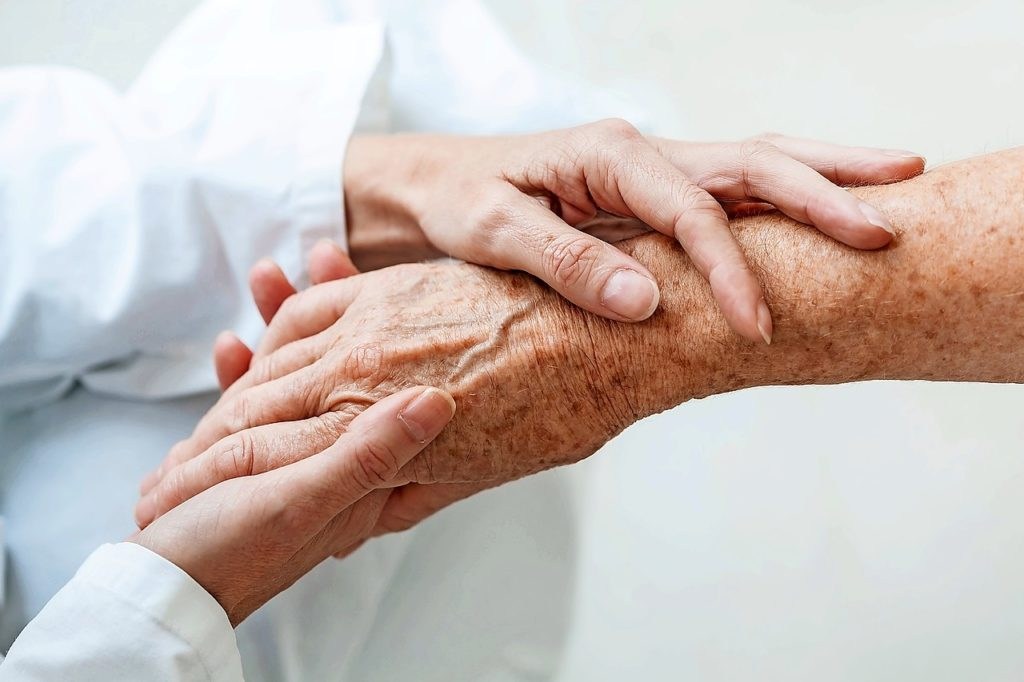A recent survey charting the social recovery of people living in Belgium in light of the pandemic showed younger people are most likely to be happy, while the general wellbeing of unemployed people and singles is lower.
Almost eight in ten (79.4%) 16 to 24-year-olds indicated feeling happy, a factor that decreased by age, a recent survey of 5,000 people aged 16 to 74 conducted by the Belgian statistics office Statbel at the end of last year showed.
Around two-thirds of people living in Belgium felt happy all the time (10.9%) or most of the time (55.7%) in the four weeks before the survey. Of those indicating they are rarely or never happy (6.6% of all people), the percentage was higher among 50 to 64-year-olds (9.5%) and 65 to 74-year-olds (7.1%).
However, this figure is the highest among singles (13.8%). People in this group also indicated they feel lonely most or all of the time (16.7%). Feelings of loneliness are particularly high among those suffering from a long-term illness (27.3%) and among older people (more than 8% of 50 to 74-year-olds, compared with 4.7% of 16 to 24-year-olds).
Overall, 7.2% of Belgians always or often felt lonely, while one-third never felt lonely (34.6%). In general, men suffer less from loneliness (38.6% never) than women (30.6%).
While the level of happiness was lowest in Brussels (58.3% compared to 66.4% in Wallonia and 68.2% in Flanders), people in Wallonia are more likely to feel lonely (11.1% compared to 7.7% in the Brussels Capital Region and 5.1% in Flanders).
Loneliness has been associated with a higher risk of premature death from various causes – from smoking to obesity – a higher risk of dementia and increased rates of depression and anxiety.
Conditions affecting wellbeing
Statbel found that people's employment status, as well as their health, has a large impact on how they rate their situation.
"People in Belgium who are unemployed or suffer from a long-term illness rate their situation more pessimistically than those who are employed, retired and students," the report found.
Among employed people, 69.3% indicate they are always or mostly happy, among pensioners 67.7% and among students even 79.8%, compared to those who are unemployed (54.7%) or have a long-term illness (37.3%).
People's income also heavily affects people's well-being. "When looking at income, it is striking that those with higher incomes also tend to rate their feelings of happiness higher (73.2% compared to 56.8% for people in the lowest income quintile)."
The general satisfaction also differs per social group. "The highest general satisfaction is seen among the highest income (32.5%), highly educated (27.5%) and students (26.8%), while this is much lower among the unemployed (4%), the long-term sick (5.1%) and Belgians with the lowest incomes (10.5%)."
Related News
- Flanders launches plan to combat increasing loneliness
- 34% of European over-80s confined to their homes during first months of pandemic
Young people are also more likely to be satisfied with their personal relationships (75%). This factor also decreases with age, according to the findings, as among 65 to 74-year-olds, this share drops to 65.7%. Single people are also less often satisfied with personal relationships (54%) than, for example, couples without children (74.8%).
This figure also drops for the unemployed (55.3%) and for people with long-term illnesses (49.9%).

